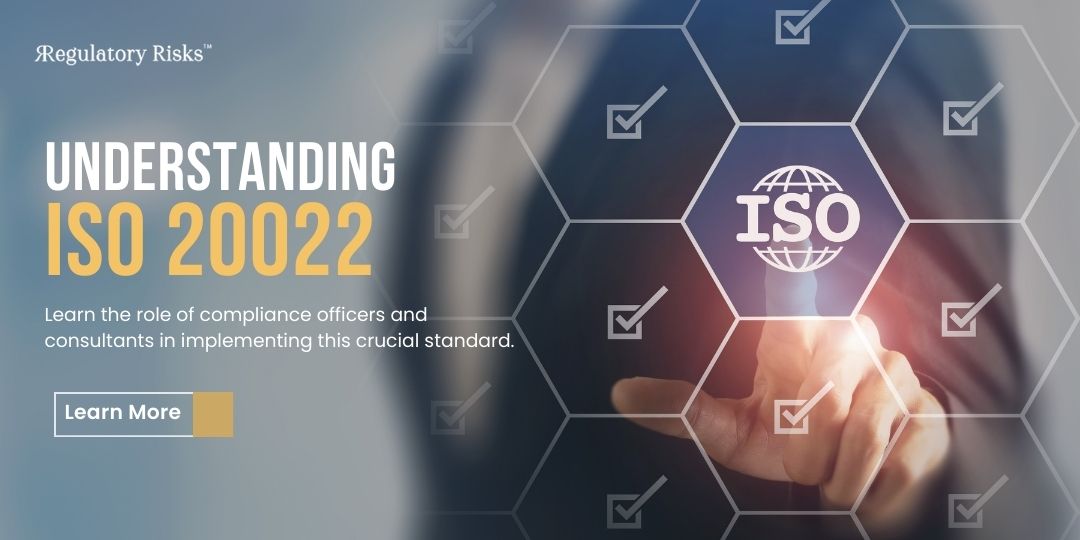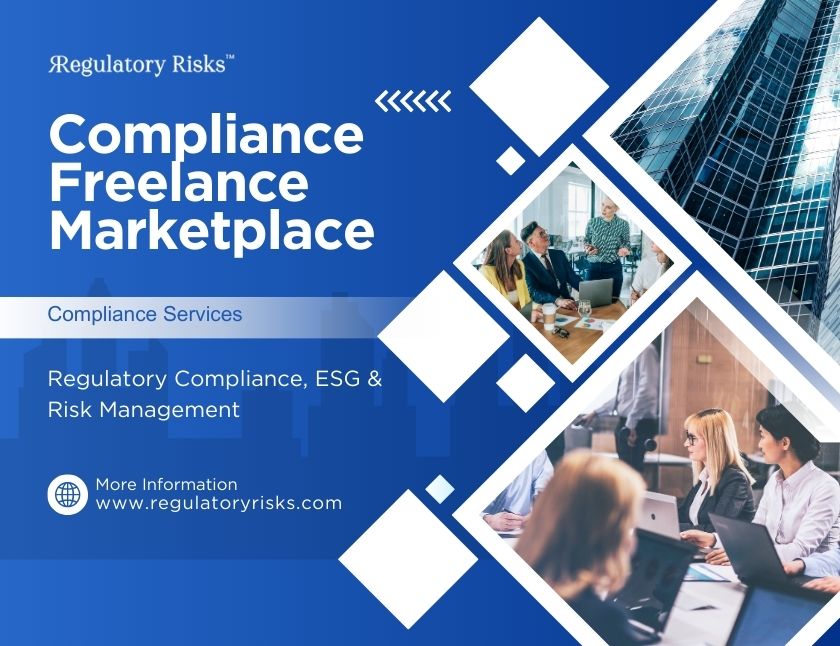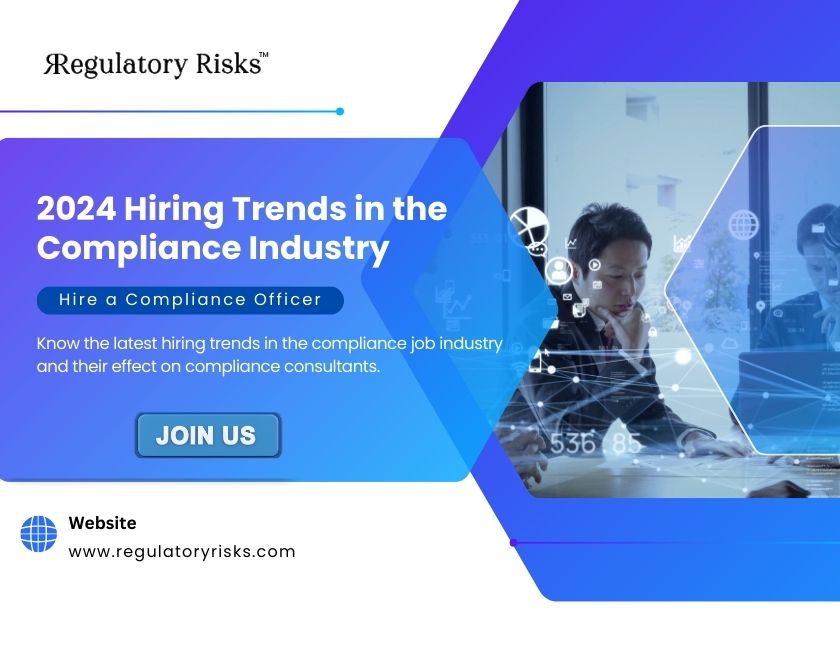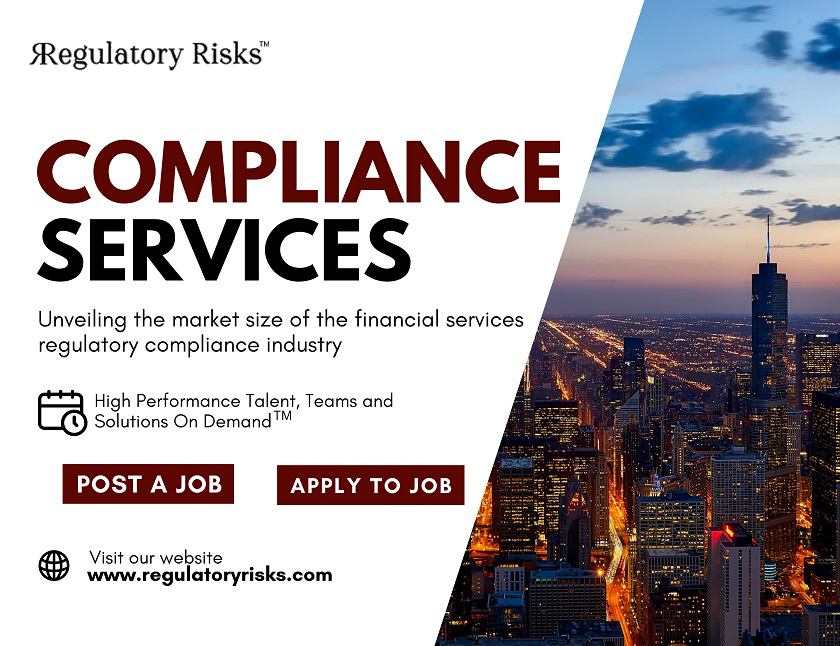In today's fast-paced and ever-changing business landscape, compliance with industry standards and regulations is not just a best practice, it's a necessity. With the rise of digital transactions and global connectivity, companies face increasingly complex regulatory requirements. Among these standards, ISO 20022 stands out as a crucial framework for ensuring efficient and secure financial messaging. This article will focus on what ISO 20022 entails, its implications for businesses, and the role of chief compliance officers and compliance consultants in its implementation.
Understanding ISO 20022
ISO 20022 is an international standard for financial messaging that facilitates electronic data interchange between financial institutions, businesses, and other stakeholders. It provides a common language and structure for the development of messages used in various financial transactions, including payments, securities, trade finance, and foreign exchange.
The standard offers several benefits, including enhanced interoperability, improved data quality, richer information content, and greater automation. By adopting ISO 20022, organizations can streamline their payment processes, reduce errors, and enhance the overall efficiency of their financial operations.
Compliance Requirements and Implications for Companies
Compliance with ISO 20022 involves adhering to a set of technical specifications and guidelines for the development and implementation of financial messaging systems. This includes defining message formats, data elements, and validation rules to ensure compatibility and consistency across different systems and platforms.
For companies operating in industries such as banking, finance, and payments, compliance with ISO 20022 is not just a matter of best practice—it's often a regulatory requirement. Regulators worldwide are increasingly mandating the use of ISO 20022 for electronic payments and reporting, aiming to standardize and modernize financial infrastructure.
Failure to comply with ISO 20022 requirements can result in fines, penalties, reputational damage, and operational disruptions. Therefore, businesses need to stay abreast of regulatory developments and ensure that their systems and processes align with ISO 20022 standards.
Implementing ISO 20022 Requirements
Implementing ISO 20022 requirements requires a comprehensive approach that encompasses technology, governance, and compliance. Companies need to assess their existing systems and infrastructure, identify gaps and deficiencies, and develop a roadmap for compliance.
This process often involves collaboration with compliance consultants who specialize in regulatory standards such as ISO 20022. These experts can provide invaluable guidance and support, helping companies navigate the complexities of compliance and implement solutions tailored to their specific needs.
The Role of Compliance Consultants
When companiespost compliance jobs and hire a compliance officer, these positions play a crucial role in helping companies understand, interpret, and comply with ISO 20022 and other regulatory standards. They bring a wealth of knowledge and expertise to the table, offering insights into industry best practices, emerging trends, and regulatory requirements.
Chief Compliance Officer (CCO) and compliance teams can benefit from the compliance services of compliance consultants in several ways:
Compliance Assessment: Compliance consultants can conduct comprehensive assessments of existing systems and processes to identify areas of non-compliance and develop remediation plans.
Compliance Strategy: Compliance consultants can assist in developing a strategic roadmap for achieving and maintaining compliance with ISO 20022 and other regulatory standards.
Implementation Support: Compliance consultants can provide hands-on support during the implementation phase, helping companies configure systems, develop message formats, and establish validation rules.
Training and Education: Compliance consultants can offer training programs and workshops to educate chief compliance officers, compliance teams, and other stakeholders on ISO 20022 requirements and best practices.
Regulatory Risks: Your Compliance Partner
At Regulatory Risks, we understand the challenges that companies face in navigating the complex landscape of regulatory compliance. As a leading freelance and product marketplace specializing in regulatory compliance, ESG, and risk management, we offer a range of compliance servicesto help businesses meet their compliance needs.
Our team of experienced compliance consultants bring a wealth of knowledge and expertise in regulatory standards such as ISO 20022. Whether you need assistance with compliance assessments, strategy development, implementation support, or training, we're here to help.
By partnering with Regulatory Risks, you can:
You can hire a Compliance Officer and also getaccess to a network of top-tier compliance consultants with deep domain expertise.
Benefit from personalized solutions tailored to your organization's unique needs and requirements.
Stay ahead of regulatory developments and ensure ongoing compliance with ISO 20022 and other standards.
Don't let compliance challenges hinder your business growth. Contact us today to learn more about our chief compliance officers, compliance services, compliance consultants, and how we can help you navigate the complexities of regulatory compliance effectively.




